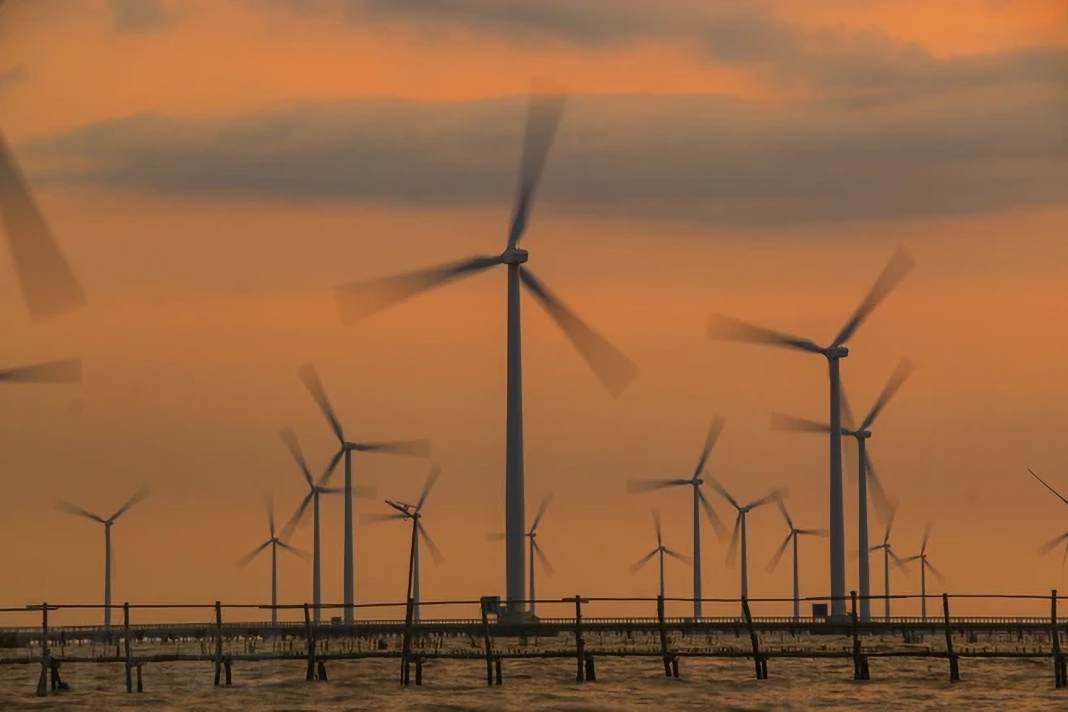HCMC – State-owned enterprises should spearhead the country’s first offshore wind energy projects, the Ministry of Industry and Trade (MOIT) said in its recent report to the Government.
In its report, the ministry highlighted the strategic importance of offshore wind energy. However, offshore wind power is a new field in Vietnam, involving national security and maritime sovereignty.
The ministry therefore suggested that state-owned enterprises venture into first projects despite the complexity and the required involvement of various government bodies, according to the Government news website (baochinhphu.vn).
It noted that Vietnam lacks experience in offshore wind projects. Legal and technical difficulties are also anticipated in developing and operating offshore wind farms.
Additionally, the nation does not have a comprehensive and accurate database on wind potential by region, nor detailed seabed topography data.
Given these issues, the ministry proposed a cautious and thorough approach, initially assigning the pilot project to a state-owned economic group. This move aims to lay the groundwork for completing the legal framework.
The report presented three tentative schemes for state-owned business groups to implement the pilot project.
The first scheme involves choosing Vietnam Oil and Gas Group (PVN) as the pioneer as PVN could leverage its offshore oil and gas experience, including relevant geotechnical and geophysical data, infrastructure, and a skilled workforce.
In its second scheme, Vietnam Electricity Group (EVN) will take the responsibility. EVN could apply its experience in managing power plants and transmission systems. However, offshore wind is a new field with different requirements than traditional power projects. Assigning EVN would also helps cut corners in electricity price negotiations since EVN is both the buyer and seller of electricity.
Third, a unit under the Ministry of Defense would assume the task. This scenario requires further evaluation for alignment with Party directives and feasibility assessments based on the specific unit’s capabilities. This proposal will be clarified after feedback from the Ministry of National Defense and other relevant ministries and agencies.
While private sector involvement in power projects has increased, the MOIT is cautious about allowing private investors to develop offshore wind power during the pilot phase, pending national security and legal complexities to be sorted out.
According to a recent World Bank study, Vietnam has the greatest wind energy potential among four regional countries. Over 39% of Vietnam’s total area is estimated to have an average annual wind speed greater than 6 m/s at a height of 65 meters, equivalent to a potential capacity of 512 gigawatts. A gigawatt equals one billion watts.









